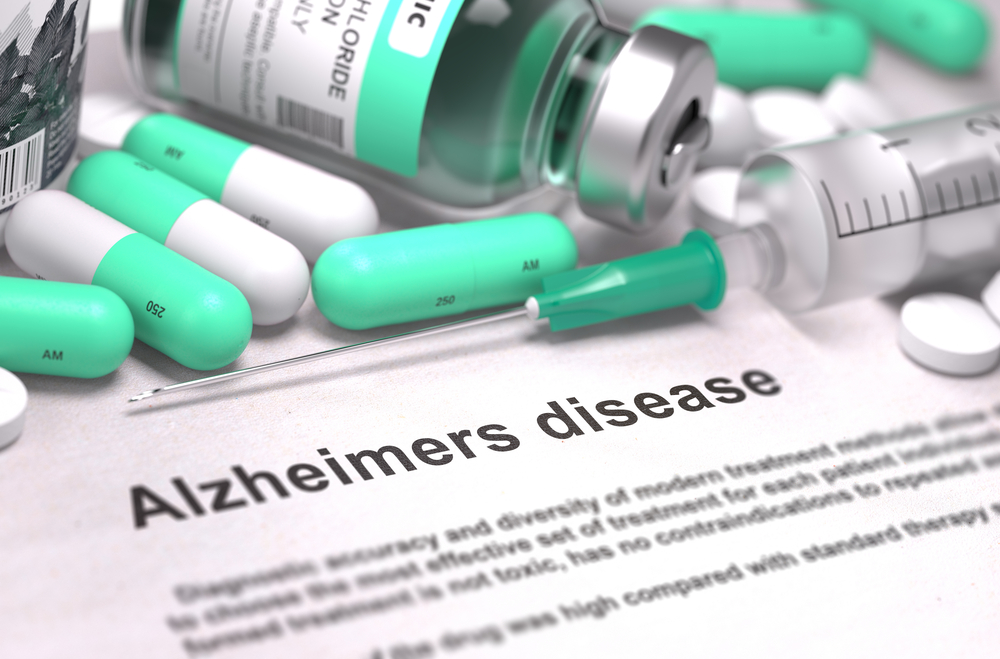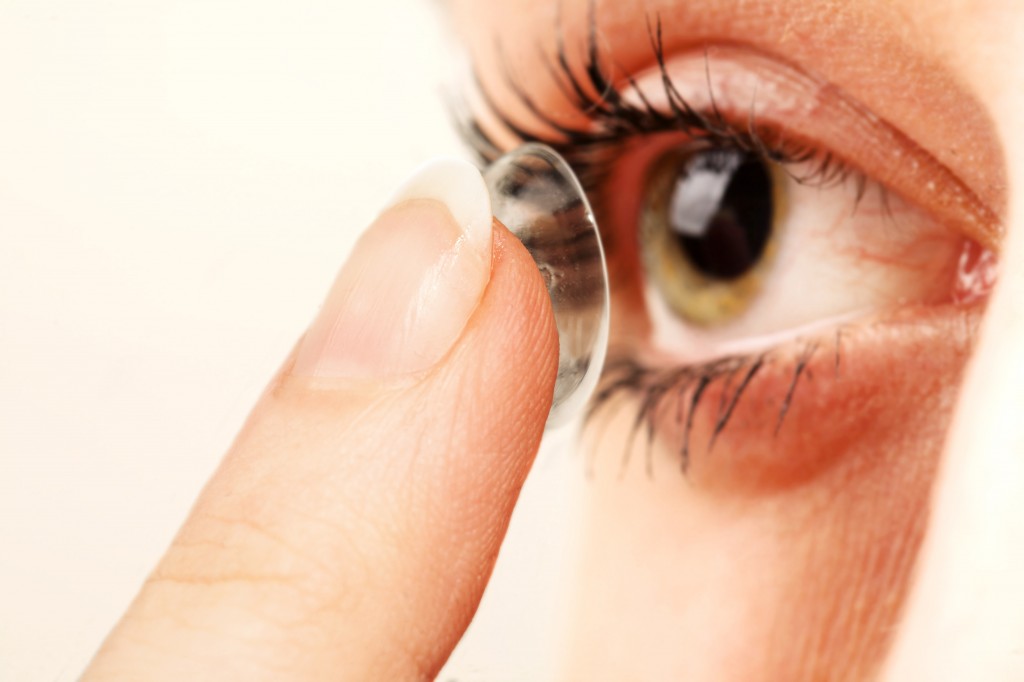Migraine is a neurological disorder which is characterized by recurrent moderate to severe headaches. This condition is often associated with a number of autonomic nervous system symptoms. Migraine attacks can cause significant pain for hours to days. The attack of migraine can be so severe that the affected person thinks of finding a dark and quiet place to lie down.

How migraine affects?
Migraine is a condition in which the headache can cause pulsing sensation in one area of the head and is accompanied by nausea, vomiting, and extreme sensitivity to light and sound. During migraine attack, the pain becomes worse by physical activity. Variegated researches have proved that up to a third of people with migraine perceive an aura such as sensory warning symptoms like blind spots, flashes of light, or tingling in arms or legs.
Also read: Migraine: Symptoms & Treatments
Who gets migraine?
Migraine is a common condition which affects about one in four women and one in 12 men at some point in their lives. The condition first starts during childhood or as a young adult. It has been reported that various people with migraine suffer frequent attacks, whereas some people suffer attacks only now and then. Moreover, some people with migraine stop getting it in later adult life, but in some cases the attack persists throughout their lives.
Symptoms:
Migraine symptoms progress through certain stages and these include the following:
Prodrome:
A day or two before a migraine attack. The sufferer may notice subtle changes that signify an oncoming migraine, like:
- Constipation
- Depression
- Neck stiffness
- Food cravings
- Uncontrollable yawning
- Hyperactivity
- Irritability
Also read: Alzheimer’s Disease – Care for your Loved Ones
Aura:
Aura stage happens before or during migraine headaches. Here in this stage, people may face visual disturbances like flashes of light. In some people, auras can also be touching sensations that are sensory, movement or speech disturbances. Furthermore, most people experience migraine headaches without aura. Some of the symptoms of aura include the following:
Attack:
People may experience the following symptoms during attack:
- Pain on one or both sides of the head
- Pain of pulsating and throbbing quality
- Nausea and vomiting
- Sensitivity to light, sound and sometimes smells
- Blurred vision
- Light-headedness, sometimes followed by fainting
Postdrome:
This is regarded as the final stage of the migraine. Postdrome occurs after a migraine attack and during this time the attacked person may feel drained and washed out. Reports have claimed that some people feel mildly euphoric in this stage.
Causes of migraine:
There are various factors that trigger the migraine. These are as mentioned below:
- Anxiety and stress
- Lack of sleep
- Lack of food
- Dehydration
- Exposure to light or sound
- Hormonal changes/birth control pills
- Some types of allergies
- Exposure to smoke or smoking
- Some foods like chocolate, peanut butter, avocado, nuts, banana, citrus, and dairy products
- Changing weather conditions like humidity, barometric pressure, and temperature
- Intense physical activity
Also read: Types of Eating Disorders
Treatment of migraine:
A fact is that migraines can’t be cured, but your doctor is the person who will work with you to help you manage the condition. Your doctor will treat you only after analyzing or diagnosing your symptoms. After diagnosing you by performing blood tests, CT scan, or MRI, he/she will prescribe you best migraine medicines which have been specifically manufactured to treat migraines. In addition, your doctor may also prescribe some drugs that are commonly used to treat other conditions, which may also help relieve or prevent migraines. Below are some of the best migraine medicines which are used to combat the condition. These are:
Pain-relieving medications:
To get the most effective results, doctors prescribe pain-relieving drugs that may help people in combating signs or symptoms. The below mentioned migraine medicines may help people to rest or sleep in a dark room after taking them. These include:
• Pain relievers- To get relief from mild migraines doctor prescribe medicines for migraines including Aspirin, non-steroidal anti-inflammatory drugs (NSAIDs) like Ibuprofen.
• Triptans- Various people prefer taking triptans to treat their migraines, as triptans work by promoting constriction of blood vessels and blocking pain pathways in the brain. Triptans effectively work by relieving the pain and other symptoms associated with migraines. Triptans are regarded as best medicines for migraines, which include Sumatriptan and Rizatriptan. People can avail these migraine medicines in nasal sprays and injections form. They can also avail these medicines in tablets form too. Moreover, it has been reported that a single-tablet combination of Sumatriptan and Naproxen proved to be more effective in relieving migraine symptoms.
Lifestyle and home remedies:
Below are various self-care measures that can help people in easing out their pain of a migraine headache. These include the following:
• Try to relax your muscles through exercises, meditation or yoga.
• Try to get an adequate amount of sleep each night, but don’t oversleep
• Always try to rest and relax in dark, quiet room when you feel a headache is coming on.
Also read: Sleep Apnea




